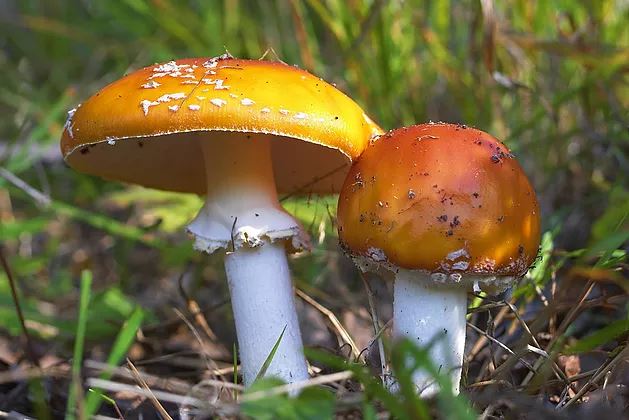By Justin Byrne

My PhD focuses on the use of ecological networks (like food webs) to study biological communities, so I spend a lot of time thinking about what a “healthy” community might look like. Perhaps spending too much time thinking about one topic leads you to try and apply that thinking to everything else. Let me give you an example.
To study the microbial communities I will focus on, I have had to educate myself on a developing field in biology that may offer an alternative way to identify species: DNA barcodes. This method allows us to identify organisms based upon a small snippet of their DNA that is unique (more or less) to that species. Specifically, I will be working with large numbers of species, mixing all their DNA together and extracting all the “barcodes” at once. Using the wonders of new DNA sequencing technology, I will then be able to read all of these short DNA sequences and produce a list of everything present. This complicated process is called “DNA metabarcoding”.
If that all sounds complicated, that’s how I felt too. Especially for an ecologist who spent the last year looking at birds and running computer models. While learning about this, I have been surprised by the number of researchers at Newcastle who are using DNA barcoding. Some have been using these methods to look at historical trends in species DNA (a field called paleoecology) to verify archaeological farming records. Others, myself included, have been investigating questions of conservation and ecology. Across the university, researchers are being pulled together due to common interests and are discussing collaborative efforts. This is all an essential part of the academic process, perhaps these links between researchers are an indicator of community health?
My research will look at characterising the fungi and bacteria present in various woodland soils. I’d like to add to our understanding of ancient woodland soil communities. As the project involves fieldwork with woodland soil, lab work with DNA and computer analysis of large amounts of data, it helps to be part of a broad research community that can offer guidance on multiple issues. Both community health research and healthy research communities are important at Newcastle, which is a good sign. What’s not a good sign is that I seem to have taken to simplifying every aspect of my life to network representations of real things. Send help, preferably in the form of Eigen vectors that transform me out of this state.